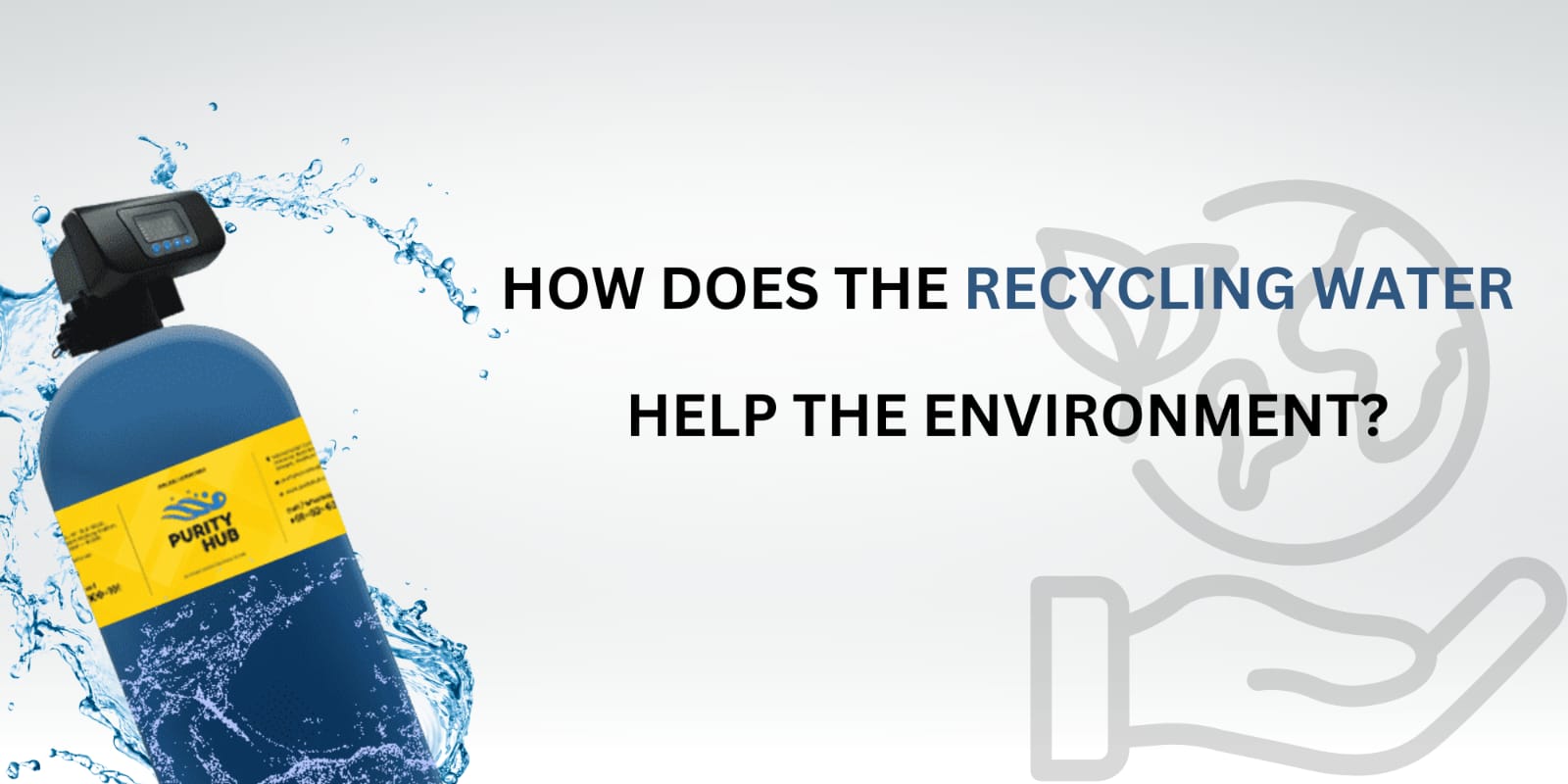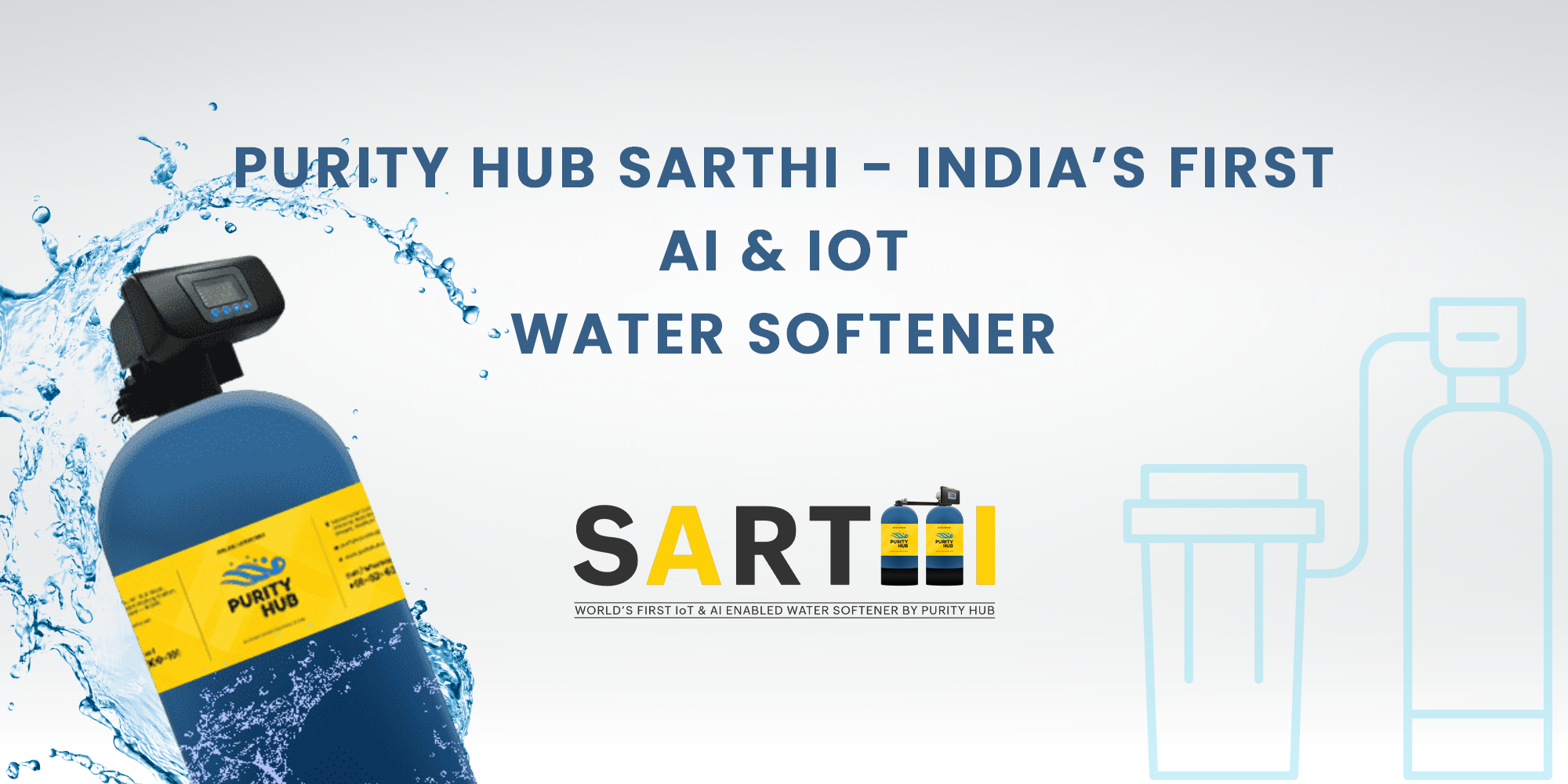
Water is one of the most precious resources on our planet, vital for all forms of life. However, with growing populations, industrial expansion, and climate change, the pressure on our water resources has increased dramatically. One of the most effective ways to mitigate these pressures is through water recycling. Recycling water, also known as water reclamation or water reuse, offers numerous environmental benefits that help conserve our natural resources and protect ecosystems. In this blog, we will explore how recycling water contributes to environmental sustainability.
Conservation of Water Resources
One of the primary benefits of recycling water is the conservation of freshwater resources. Freshwater is a finite resource, and many regions around the world are facing water scarcity. By treating and reusing wastewater, we can significantly reduce the demand for freshwater extraction from natural sources such as rivers, lakes, and aquifers. This conservation effort is crucial for maintaining the balance of our ecosystems and ensuring that there is enough water available for future generations.
Reduction of Wastewater Discharge
Recycling water reduces the volume of wastewater that is discharged into the environment. Typically, untreated or inadequately treated wastewater can carry pollutants that contaminate rivers, lakes, and oceans, posing a threat to aquatic life and human health. By recycling water, we can remove harmful contaminants before the water is reused, thereby reducing pollution levels in natural water bodies. This helps protect aquatic ecosystems, maintain biodiversity, and improve the quality of our natural waterways.
Energy Savings
The process of extracting, treating, and transporting freshwater is energy-intensive. It involves significant infrastructure and operational costs, contributing to greenhouse gas emissions. Water recycling, particularly when done locally, can reduce the need for these energy-intensive processes. By recycling water, we can decrease the energy required for pumping, treating, and distributing freshwater, leading to lower carbon footprints and mitigating the impacts of climate change.
Mitigation of Water Scarcity
In many regions, water scarcity is a pressing issue. Water recycling provides a reliable alternative source of water, helping to alleviate the strain on limited freshwater supplies. This is especially important in arid and drought-prone areas where water is scarce. By recycling water, communities can create a sustainable water supply that is less vulnerable to climate variability and extreme weather events. This enhances water security and supports the resilience of local populations.
Support for Agricultural and Industrial Activities
Agriculture and industry are two of the largest consumers of freshwater. Recycled water can be effectively used for irrigation in agriculture and for various industrial processes, reducing the reliance on freshwater sources. In agriculture, recycled water can help maintain soil health and boost crop yields, while in industry, it can be used for cooling, processing, and cleaning. By substituting freshwater with recycled water, we can conserve freshwater for essential uses such as drinking and hygiene.
Enhancement of Ecosystem Health
Natural ecosystems depend on a balanced water supply to thrive. Excessive extraction of freshwater can disrupt these systems, leading to the degradation of wetlands, rivers, and lakes. Recycling water helps maintain natural water levels, supporting the health and diversity of ecosystems. Healthy ecosystems provide numerous benefits, including habitat for wildlife, natural water filtration, and carbon sequestration. By recycling water, we can contribute to the preservation and restoration of these vital ecological areas.
Groundwater Recharge
Groundwater is a critical source of water for many communities, especially in regions where surface water is scarce. However, over-extraction of groundwater can lead to depletion and land subsidence. Recycled water can be used to recharge groundwater aquifers, helping to maintain and restore groundwater levels. This is particularly important for sustainable water management in areas reliant on groundwater for drinking water and agriculture.
Reduced Impact on Infrastructure
Water recycling can ease the burden on existing water infrastructure by decreasing the need for the expansion of water treatment plants and distribution networks. This can lead to cost savings and reduced environmental impact from construction activities. Additionally, by implementing decentralized water recycling systems, communities can enhance their resilience to disruptions in water supply and improve overall water management efficiency.
Conclusion
Recycling water is a crucial strategy for promoting environmental sustainability and addressing the challenges of water scarcity, pollution, and climate change. By conserving water resources, reducing wastewater discharge, saving energy, supporting agriculture and industry, enhancing ecosystem health, recharging groundwater, and reducing the impact on infrastructure, water recycling provides a comprehensive solution to managing our water resources more sustainably. Embracing water recycling is not just an option but a necessity for ensuring a healthy and resilient environment for future generations.



